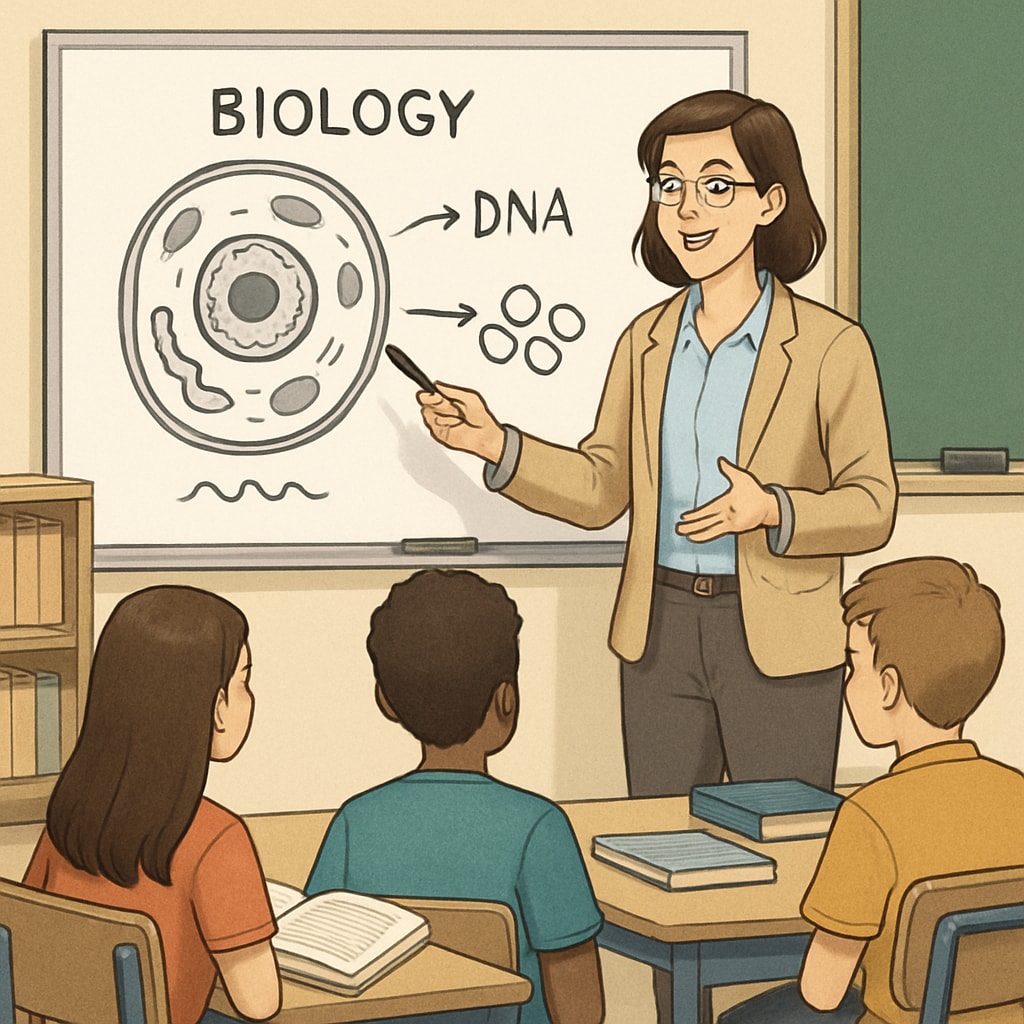The transition from studying biology to pursuing a master’s in education offers an intriguing career shift for those looking to move beyond the lab and into the classroom. With a strong foundation in scientific knowledge and the desire to make an impact in education, biology students are uniquely positioned to bridge the gap between scientific research and teaching. This article explores the feasibility of this transition, the challenges it entails, and the potential opportunities for success in this interdisciplinary journey.
The Value of Scientific Expertise in Education
Biology students bring a wealth of subject-specific knowledge, analytical skills, and problem-solving capabilities to the education field. These qualities are particularly valuable in teaching STEM (Science, Technology, Engineering, and Mathematics) subjects, where qualified educators are in high demand. Transitioning from biology to education allows students to apply their expertise in a way that inspires and equips the next generation of learners with critical scientific literacy.
For example, a biology graduate might be particularly well-suited to teach subjects such as environmental science, anatomy, or general biology. Their ability to link theoretical concepts to real-world applications can make lessons more engaging and impactful for students. Additionally, their experience in research methods can help foster inquiry-based learning, a teaching approach that prioritizes curiosity and critical thinking.

Pathways for Transition: From Biology to Education
The path from biology to a master’s degree in education typically involves meeting certain prerequisites, which vary depending on the program. Most education programs welcome candidates with diverse academic backgrounds, enabling biology graduates to enter the field with relative ease. However, some programs may require coursework in foundational education principles or teaching methods before enrollment.
Key steps for biology students considering this transition include:
- Researching programs: Look for education programs that align with your career goals, such as those focusing on secondary science education or STEM pedagogy.
- Meeting prerequisites: Complete any required courses in education theory or teaching practice that may not have been part of your biology curriculum.
- Gaining experience: Consider volunteering or working as a teaching assistant to gain hands-on experience in education settings.
- Building transferable skills: Highlight skills like data analysis, communication, and project management in your application materials.
Programs like Master of Education (M.Ed.) degrees often emphasize pedagogy, curriculum design, and classroom management, which complement the scientific expertise of biology graduates.
Challenges in the Transition
While the transition from biology to education opens up exciting opportunities, it is not without challenges. One major hurdle is the shift from a research-oriented mindset to a student-focused approach. Unlike laboratory work, teaching requires strong interpersonal skills, adaptability, and the ability to simplify complex concepts for diverse learners.
Additionally, biology graduates may face initial gaps in pedagogical knowledge, particularly in areas such as instructional strategies and classroom management. Addressing these gaps often involves additional coursework, professional development, or mentorship from experienced educators.

Opportunities for Success
Despite these challenges, the career prospects for biology graduates in education are promising. The demand for skilled STEM educators continues to grow, and those with specialized knowledge in biology are particularly sought after. Beyond traditional teaching roles, graduates with both scientific and educational expertise can explore careers in curriculum development, educational consulting, and science communication.
Furthermore, the transition allows biology students to make a meaningful impact on society. By fostering a love for science in their students, they contribute to a more scientifically literate population capable of addressing complex global challenges like climate change and public health crises.
For those interested in combining their biology background with education, organizations like the American Biology Teacher Association offer valuable resources, networking opportunities, and professional development options.
Conclusion
The journey from biology to education is not just a career shift but a chance to make a lasting impact on future generations. While challenges such as acquiring pedagogical skills and adapting to a teaching environment may arise, the rewards of inspiring young minds and contributing to STEM education are well worth the effort. By leveraging their scientific knowledge and embracing new learning opportunities, biology graduates can successfully transition from the lab to the classroom, forging a fulfilling and impactful career path.
Readability guidance: This article uses concise sentences, short paragraphs, and clear subheadings to ensure accessibility. Key points are summarized in a list format to improve clarity and engagement. Transitions such as “however,” “in addition,” and “for example” are used to enhance flow.


